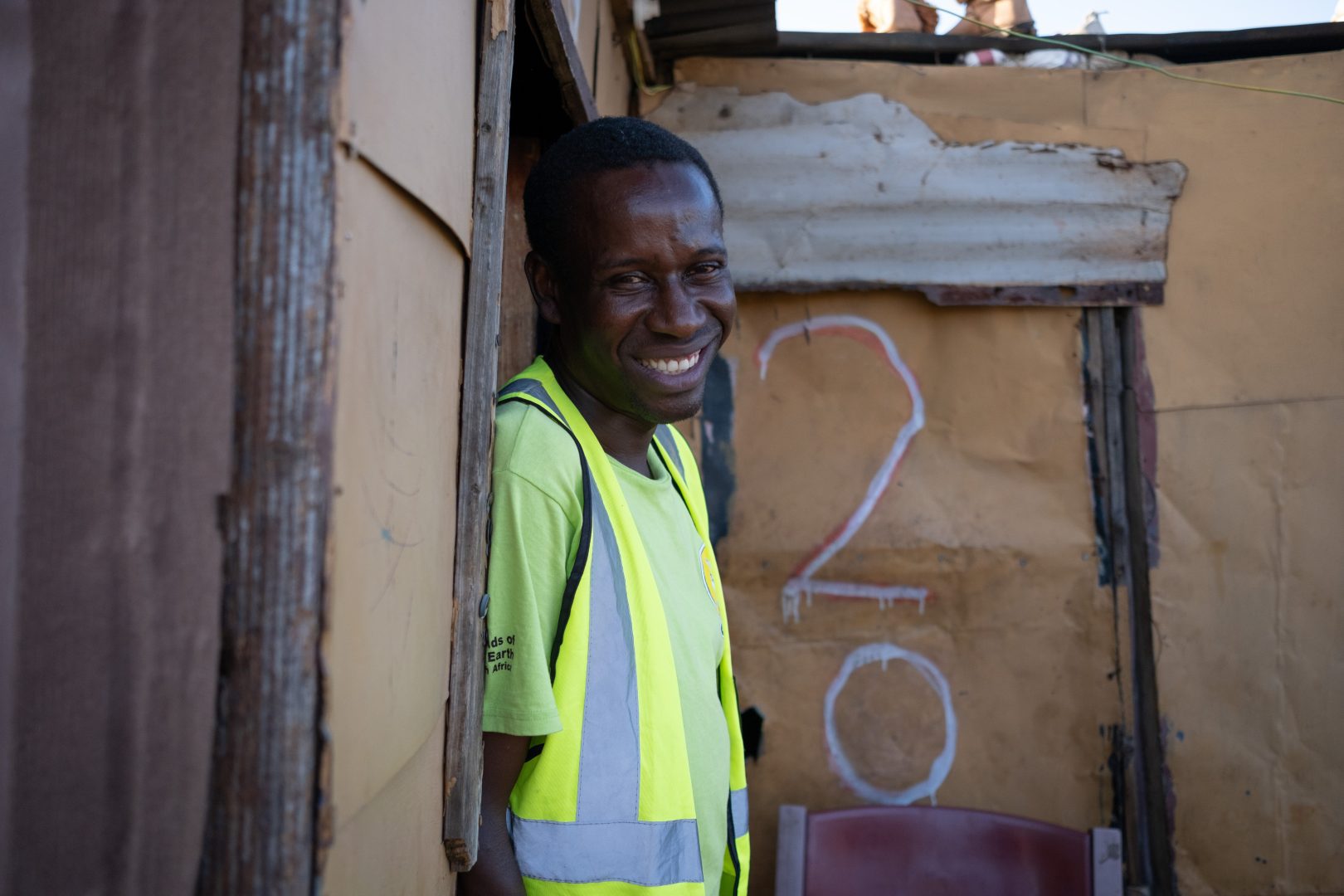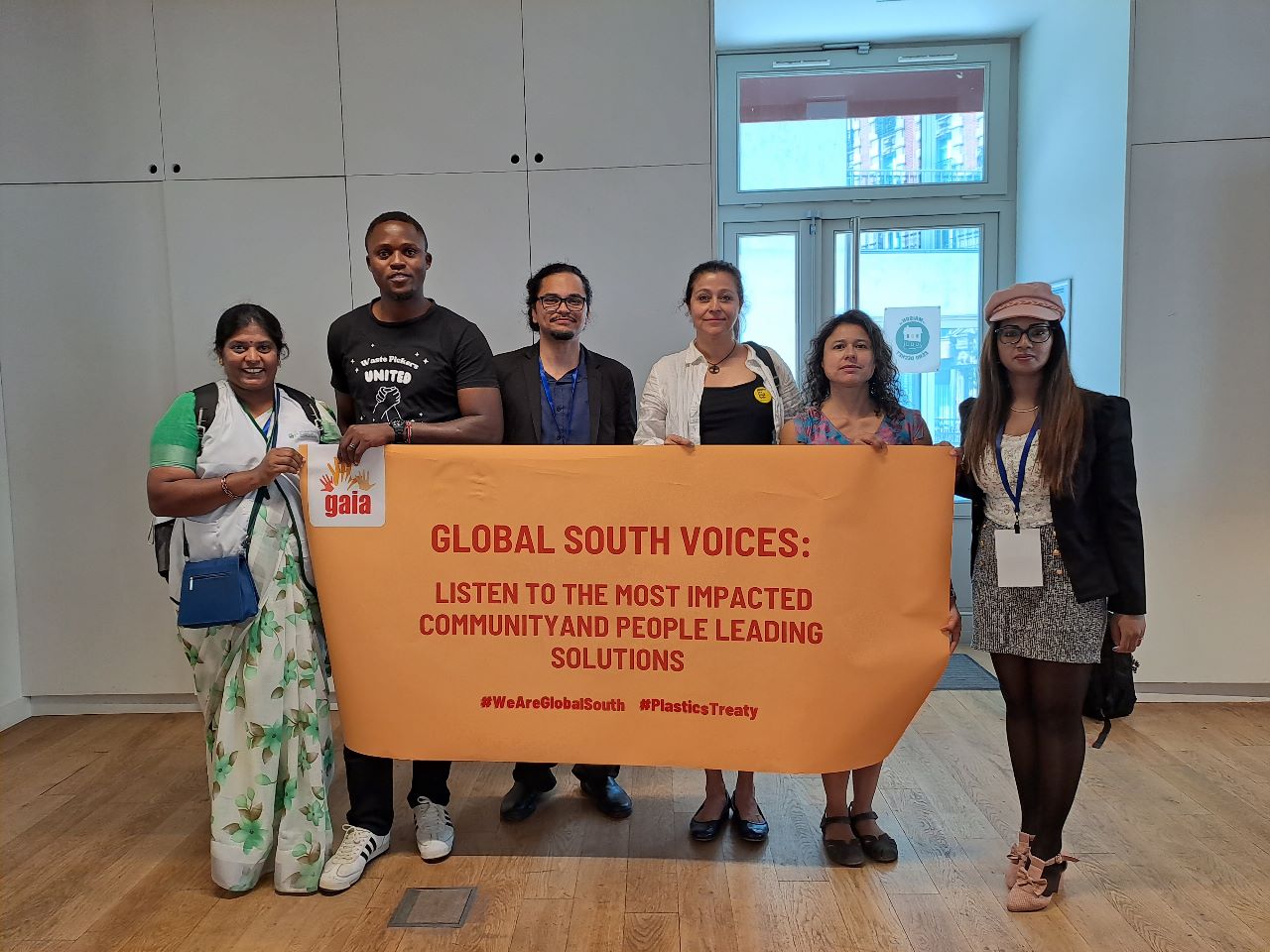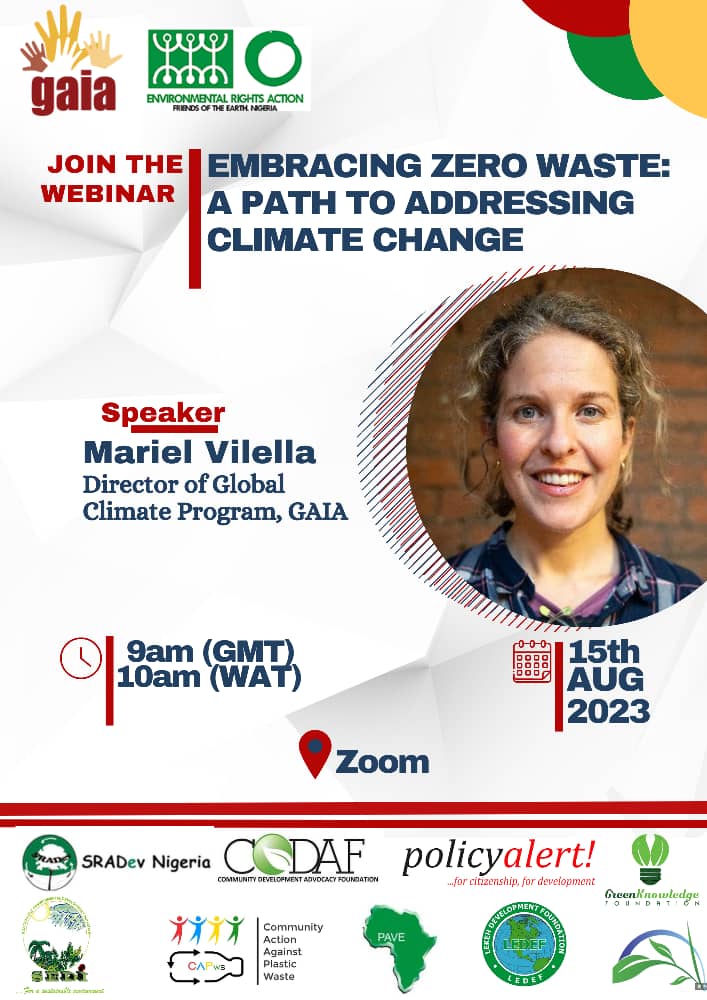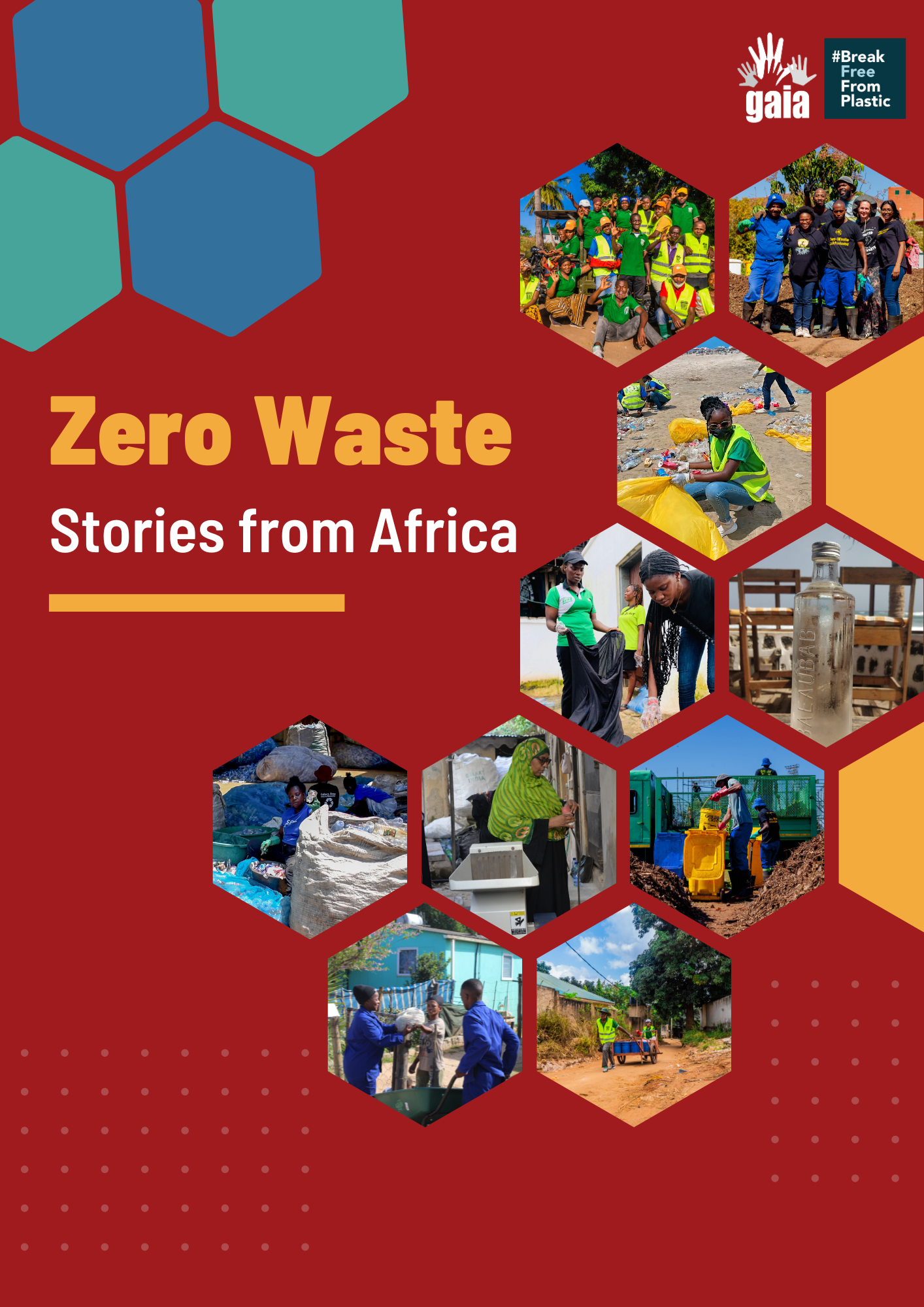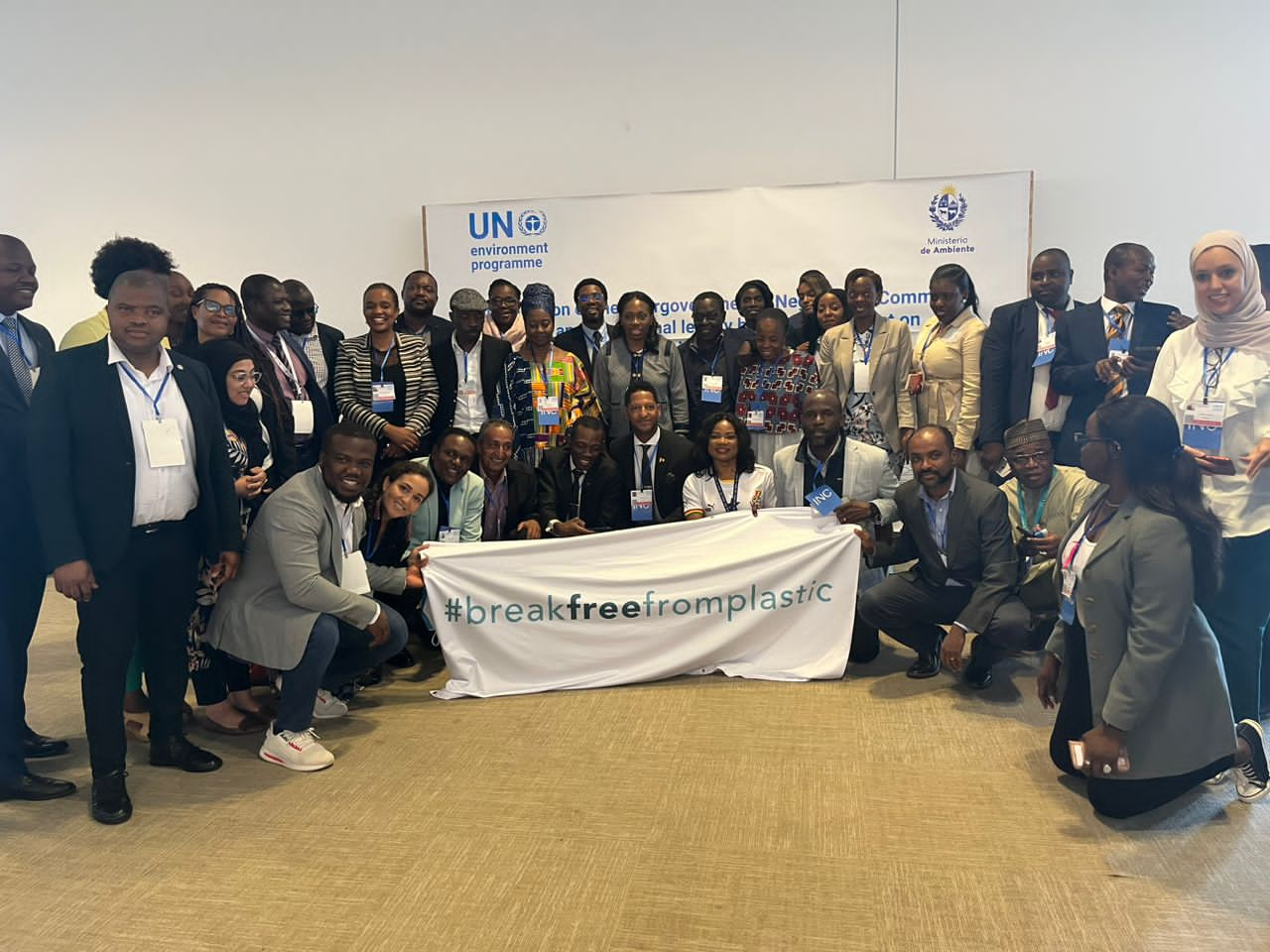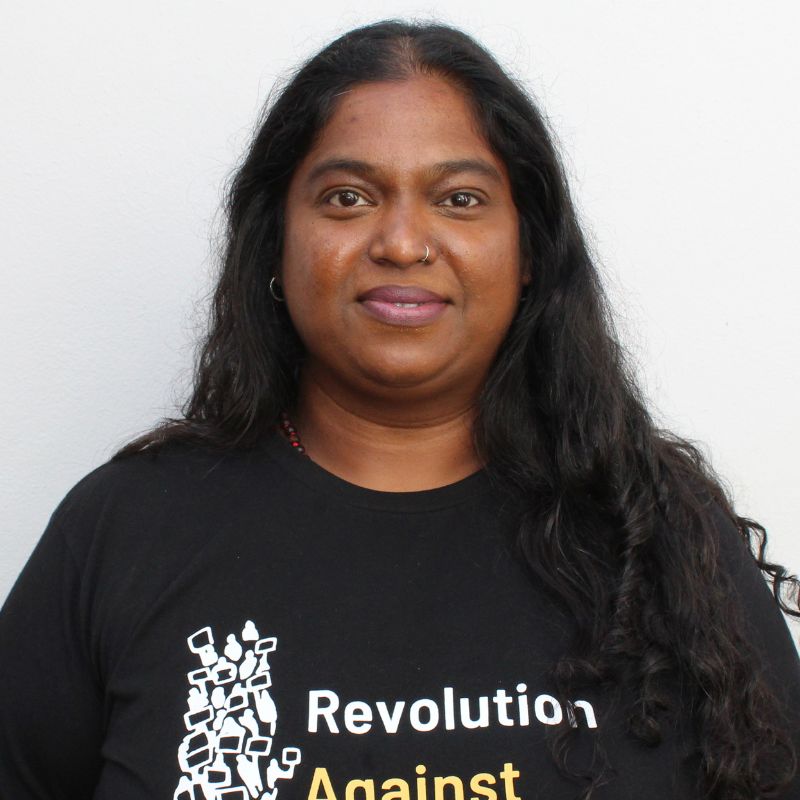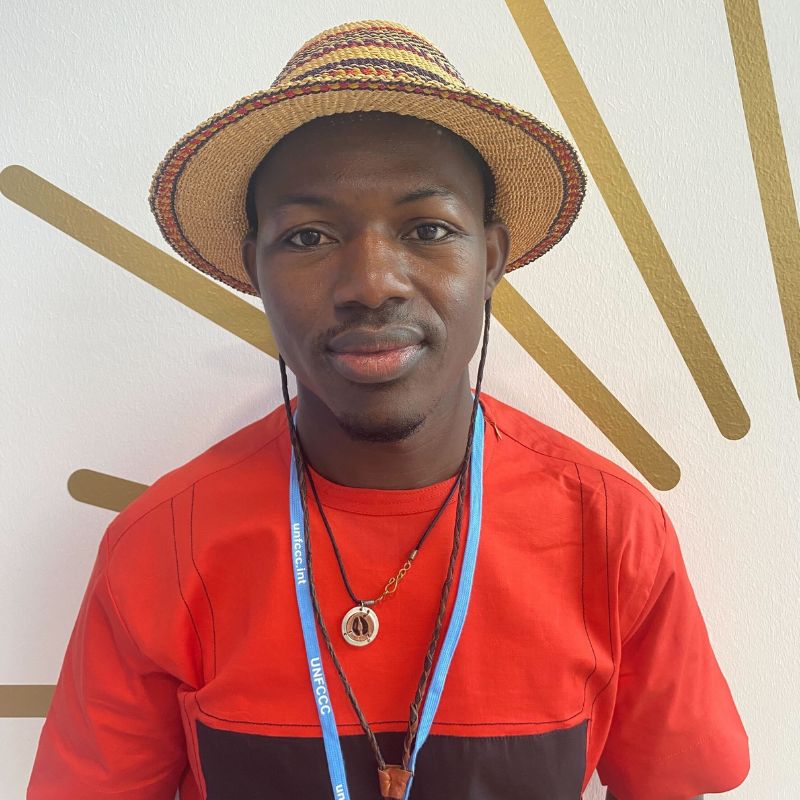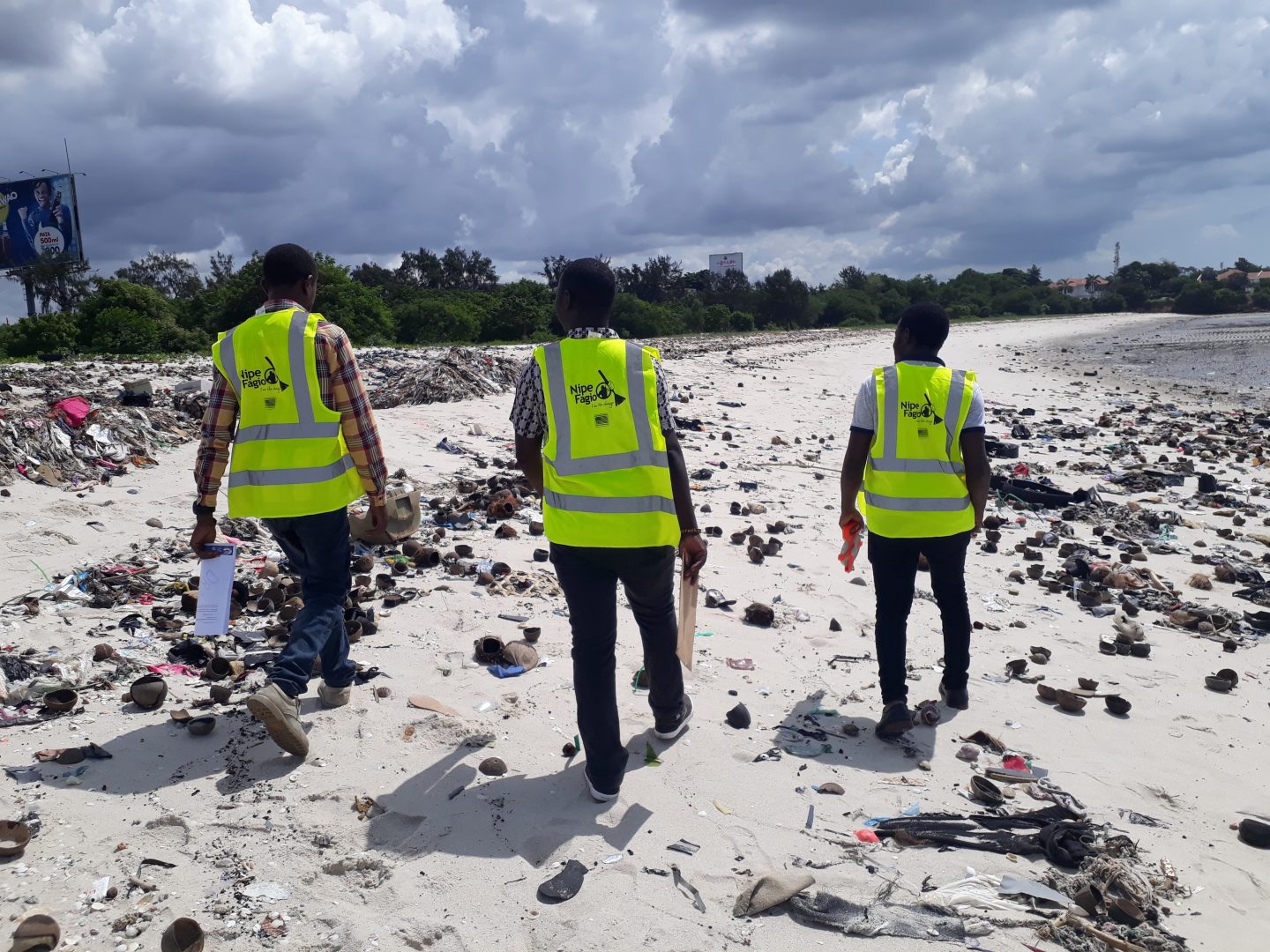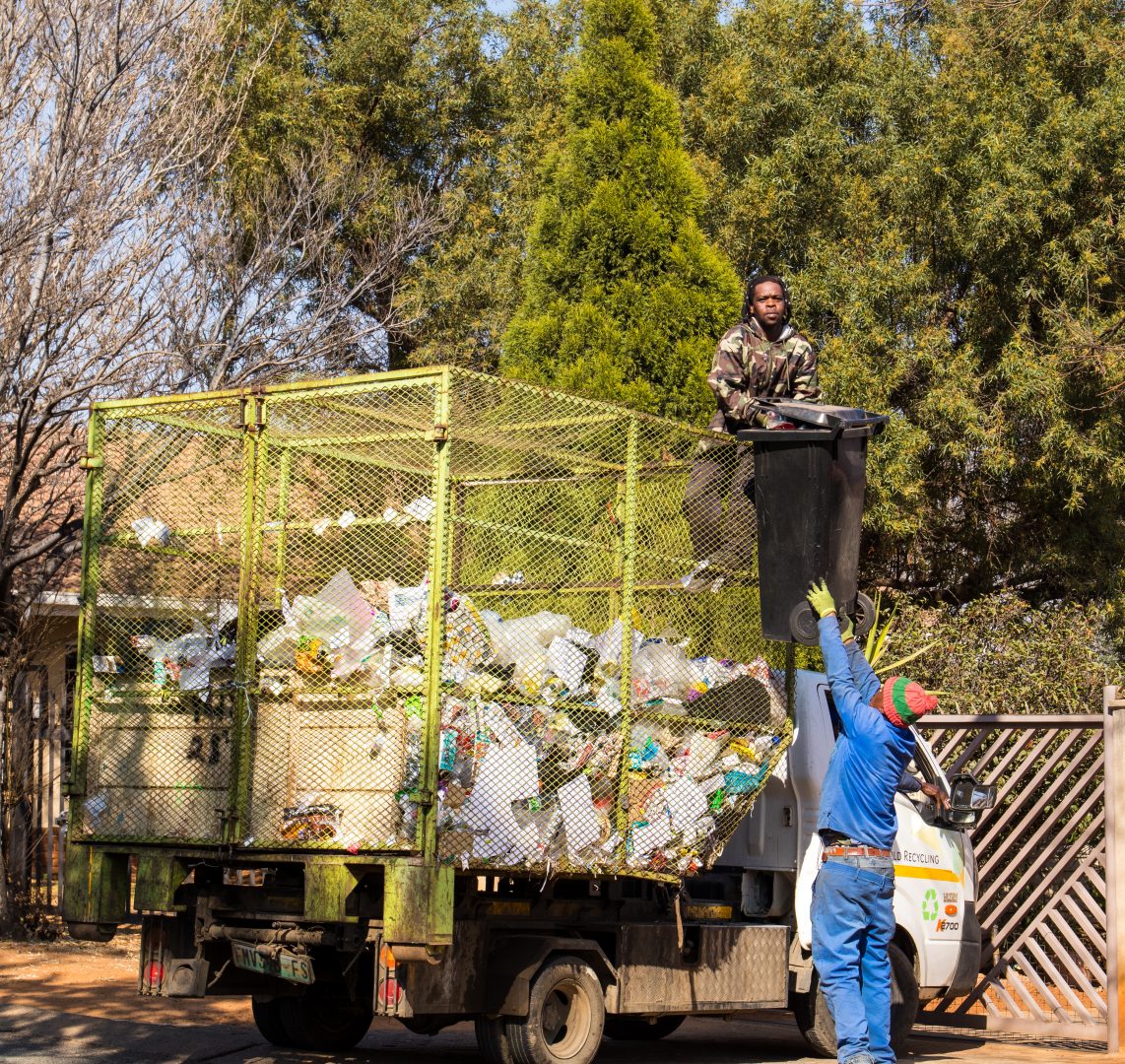GAIA’S WORK IN AFRICA
Working with our members across the region, GAIA in Africa strives to shift the narrative on plastic pollution, challenge incineration, promote zero waste and demand climate justice. As a result of robust outreach efforts to strengthen our engagement in key African countries and cover the continent’s cultural and linguistic diversity, our presence in Africa has grown from eight active members in 2017 to 42 members in 2020. Developing sub-regional collaboration is critical to our work on the continent.

Many of our members are experts in different aspects of waste management, and our diverse network provides a platform to support, highlight and amplify their work while allowing us to share solutions that can be found in different parts of the region. To date, GAIA members have successfully defeated three municipal incinerator proposals, piloted zero waste projects that demonstrated high engagement from low-income communities and championed strong enforcement on plastic policies among many other victories.
LATEST NEWS IN AFRICA
Africa for Zero Waste Podcast
Zero waste is a term often seen as exclusively for the affluent eco-conscious individuals of high-income countries, but with successful implementation, a zero waste system can truly embrace traditional knowledge and existing practices of preservation in Africa!You can look forward to thought-provoking conversations about zero waste, shared by real people implementing solutions across Africa. We also discuss false solutions to the waste management crisis, plastic pollution and climate change.Africa For Zero Waste Podcast is a credible source of information you can trust, drawing from over 20 years of experience as an organisation in climate and waste matters.Join us and discover the world of zero waste in Africa and the people championing this system.
Working With Waste Pickers Guide
This guide is meant for GAIA member organisations working on zero waste projects, and want to want to partner with waste pickers.
This guide should serve as a tool to inform your plans to partner with waste pickers; it should not replace the necessary research and relationship-building required to understand the local context of waste pickers in your community/city.
